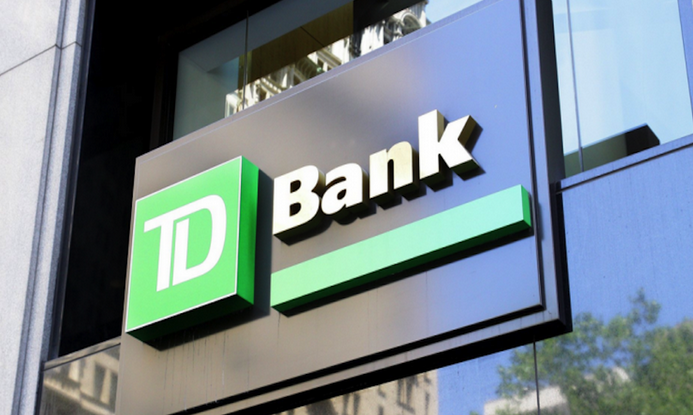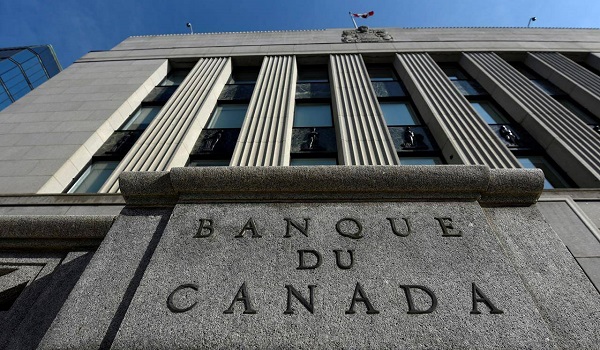TD Bank may be fined up to US$4B for money laundering, says Jefferies
Fines against Toronto-Dominion Bank tied to U.S. money-laundering probes may total as much as US$4 billion following fresh allegations involving the lender, according to Jefferies Financial Group Inc. analysts — double previous estimates of the potential impact on Canada’s second-largest lender.
A now-departed Toronto-Dominion branch employee in Florida took a series of $200 bribes to help clients move millions of dollars to Colombia by skirting anti-money-laundering defenses, prosecutors allege in a case first reported this week by Bloomberg News. In another recent case, a former branch employee in New York admitted to bypassing the bank’s compliance measures to defraud a customer.
Toronto-Dominion is under investigation by the U.S. Department of Justice, bank regulators and the U.S. Treasury Department over allegations of money laundering and other financial crimes at several of the bank’s U.S. branches.
“While our previous estimate for the regulatory fines was at $2 billion, given that a third AML issue has been reported, we now believe that this estimate could be low,” Jefferies analysts led by John Aiken wrote in a report Wednesday. “Although a $4 billion fine does seem a bit high at this juncture, we cannot deny that it is still within the realm of possibilities, potentially eroding all of TD’s current excess capital.”
The U.S. Attorney’s Office for the District of New Jersey has so far filed at least four cases alleging serious misconduct by branch employees in New York, New Jersey and Florida. One of those cases, reported by the Wall Street Journal in early May, involved TD branches being used to launder drug money as part of a $653 million conspiracy.
The revelations came after Toronto-Dominion said on April 30 that it was setting aside an initial provision of $450 million for potential regulatory fines.
Toronto-Dominion likely knew of the additional cases that have since been reported when it took that charge, Bloomberg Intelligence analysts Elliott Stein and Paul Gulberg said this week. They maintained an estimate of $600 million to $1.1 billion in total fines facing the bank.
Analysts at firms including Bank of Nova Scotia and National Bank of Canada have previously estimated penalties in the range of $2 billion for Toronto-Dominion. Royal Bank of Canada’s Darko Mihelic wrote on May 8 that he believes the fine “may be larger than $1 billion” and that, in a “bad scenario,” Toronto-Dominion could pay $3 billion or more in penalties and face an asset cap on its U.S. business for five years.
The bank is also facing a proposed shareholder class-action lawsuit filed Tuesday in the Ontario Superior Court of Justice in Toronto. The suit, filed by law firm Sotos LLP on behalf of retail investor Gerald A. Gazarek, alleges that the bank misrepresented systemic deficiencies its anti-money-laundering controls and how those failures would affect its U.S. operations.
“Following the disclosure of these deficiencies on April 30, 2024, TD Bank’s stock price dropped considerably, giving rise to remedies under Canadian securities legislation,” the firm said in a statement announcing the claim. The claim cited “material” disclosures in the Wall Street Journal and Bloomberg stories.
Glancy Prongay & Murray LLP and the Law Offices of Frank R. Cruz have also said they’re pursuing possible suits.
“TD’s disclosures and public statements are and have been accurate and consistent with our obligations under the securities laws and responsibilities to our shareholders,” spokesperson Lisa Hodgins said in an emailed statement Wednesday. “We will contest the assertions of these proposed class actions, which are without merit.”
This article was first reported by BNN Bloomberg












